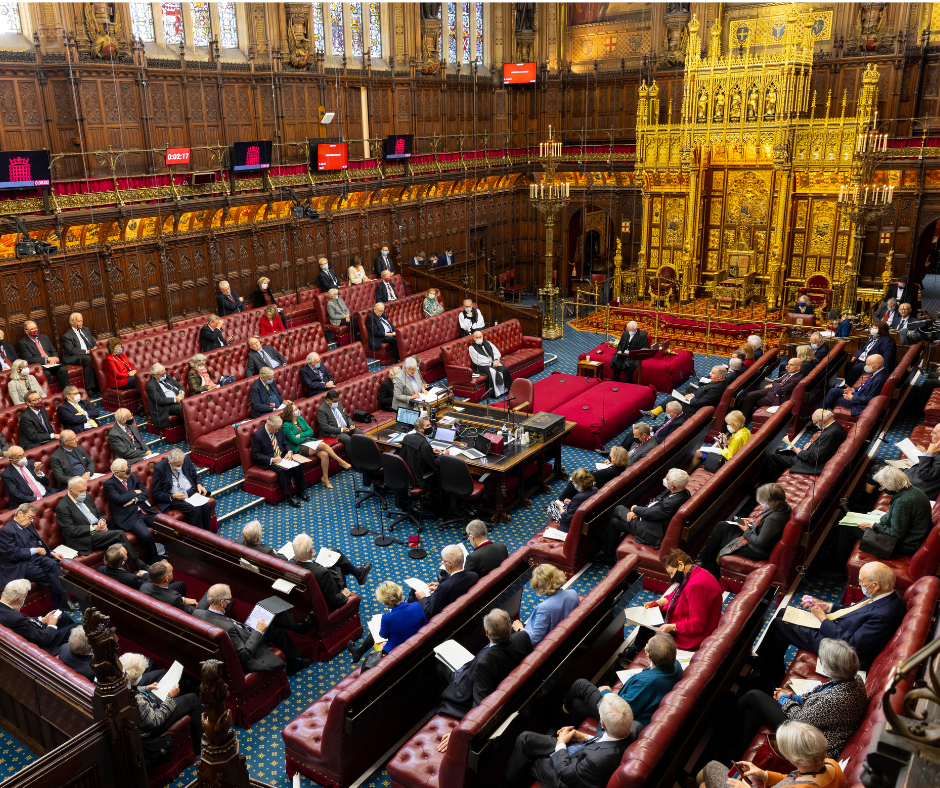
Sanctions against Russians Involved in Ukraine’s Invasion and the Delivery of Reparations to Victims not Effective Enough
By Victoria Kerr, Consultant Legal Officer and Natalia Kubesch, Legal Officer
Both the UK and the EU have moved swiftly to impose sanctions against over 1,200 Russian companies and individuals following the Russian invasion of Ukraine almost two years ago. However, differences across their sanctions regimes have led to divergences in their respective sanctions lists, creating loopholes that have been exploited by the targets of those sanctions and created difficulties for third parties that must comply with sanctions across multiple jurisdictions.
REDRESS has recently made recommendations on how to address this problem to an inquiry by the House of Lords’ European Affairs Committee into ‘the implications of Russia’s invasion of Ukraine for UK-EU relations’. The inquiry explores the UK-EU coordination on sanctions, including their enforcement and effectiveness, and the future reconstruction of Ukraine.
The submission highlights how nearly two years since Russia invaded Ukraine neither the UK’s and the EU’s efforts to impose a large number of targeted sanctions, nor their significant financial support pledges, have been enough to deter Moscow from committing further violations of international law in Ukraine and adequately support victims of the conflict.
Unlike the EU, the UK is yet to use its sanctions regimes to target Russian individuals and entities specifically for their involvement in human rights violations in Ukraine and recognize in their designations the abuses suffered by victims. Such recognition is crucial to provide a form of accountability and contribute to the documentation of the violations committed in Ukraine. The inquiry is therefore a crucial moment for the UK to work with allies to strengthen its response to the war in Ukraine.
REDRESS’ submission to the inquiry also finds that:
- The UK’s response towards enforcing its Russia-related sanctions has been weak. Effective enforcement is crucial to protect the integrity of the UK’s sanctions regime. It could also provide a source of funding to ensure reparations to victims of the conflict in Ukraine if mechanisms are in place to channel penalties for sanction violations to such purpose.
- The UK has yet to support mechanisms to deliver reparations to victims of the conflict since 2014, including the Register of Damages or the International Criminal Court’s Trust Fund for Victims. The effective operationalisation of these mechanisms requires financing. However, consensus on the legal basis for confiscation of perpetrator assets is still lacking. Insufficient attention has also been paid to shorter-term financing options, including windfall taxes on the profits of frozen assets or voluntary donation mechanisms.
The submission makes a series of recommendations to the UK Government, including to:
- Closely align sanctions designations with allies, and ensure designations explicitly refer to human rights violations where appropriate.
- Strengthen oversight protections available under the Sanctions and Anti-Money Laundering Act 2018 to enhance transparency and consistency in sanction decisions.
- Increase resources for the UK’s enforcement agencies to support the effective enforcement of sanctions.
- Establish mechanisms that allow for sanctions breaches relating to violations of human rights or international humanitarian law to be re-directed as reparations to victims.
- Support existing and new reparation mechanisms for victims of the conflict in Ukraine.
- Explore creating a legal basis for asset confiscation in line with international and human rights law.
- Support a G7-wide windfall tax on the profits of frozen Russian assets and repurpose part of these funds to finance reparations for victims in Ukraine.
- Demonstrate the feasibility of the voluntary donation mechanism by repurposing the proceeds of the sale of Chelsea Football Club into existing reparations mechanisms for victims in Ukraine.
Since the invasion, REDRESS has been working together with partners in Ukraine and around the world to identify potential legal routes for financial accountability and the delivery of reparations to victims affected by the conflict in Ukraine. This inquiry provides a crucial opportunity for REDRESS to share our observations and recommendations with senior UK policymakers and advocate for the rights of Ukrainian victims.
